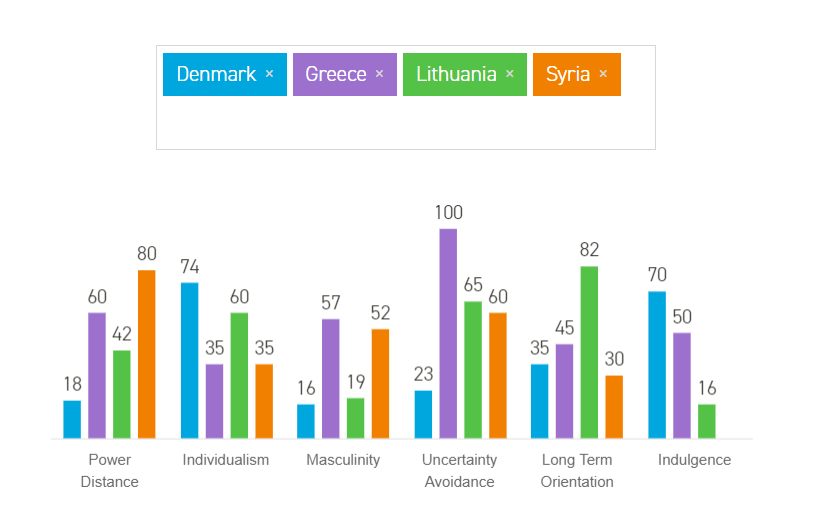Although the category of refugee business is probably rather small, it is very likely that you are familiar with at least one. These are not usually at the glamorous start-up end but more at the run-of-the-mill pizzaria and hairdresser end. Even so, it is quite daunting to arrive in a country not speaking the language and not knowing the rules and set up your own business. The route is often taken faute de mieux when mainstream employment opportunities do not materialise. So what are likely to be the most common challenges? As part of the 9 Conversations project devising training for refugees thinking of starting a business in the EU, we decided to include an FAQ as part of the basic resources that will be available to learners/users as we had done in a previous project I was involved with, M-HOUSE.
Having tried out an exercise with over 40 students in Germany to see what they could come up with I noticed that their typical suggestions were pretty standard. See excerpt below:
- What are general business taxes to pay?
- Are there any specific educational qualifications needed in the proposed business?
- How do you set up or register a business?
- What are the legal requirements?
- What are the characteristics of the local market?
- What is the minimum capital needed to start in business?
- Who will be your employees? Locals or refugees?
- How important is it to know the local language?
- Can I start right away?
- How much bureaucracy is there?
- How reliable are the authorities?
- Is there a quota for how many local employees I should have?
- How do I increase the reputation of my refugee-owned business?
- Must my product integrate local preferences or can I stay authentic?
- What is the next step after getting a business idea?
- Where do you plan to get your financial resources to start the business?
- Are you aware of all local organisations?
- Could your business attract locals also?
- Do I need any licences to start the business?
- Is there a minimum amount of money required to start the business?
- Where should my business be located?
- What should the work conditions be like?
- Is there a local demand for my product?
But having seen several local examples of refugee businesses recently I had the impression that cultural differences may be the most productive approach.
The graphic below was generated by using the Hofstede insights tool. Denmark, Lithuania and Greece represent three of the partner countries in the new project while Syria represents one of the major sources of immigrants. Although I have made a comparison between four countries (the maximum the tool will allow you to do) I think the best results will come from making pair comparisons for example between Denmark and each of the 3 biggest sources of refugees, and so on with all 5 partner countries. Already for example I can see that Syrians are very hierarchical compared to Danes and probably also much more competitive.

So a useful FAQ for Syrians wishing to set up in Denmark should perhaps emphasise the need to trust the authorities and use the social solidarity tools that have grown up in Denmark such as trade union protections and declaring turnover in a timely and acccurate manner.
Countries are not cultures, but this tool could be a starting point for some interesting questions about the challenges faced by refugees setting up businesses in Europe.